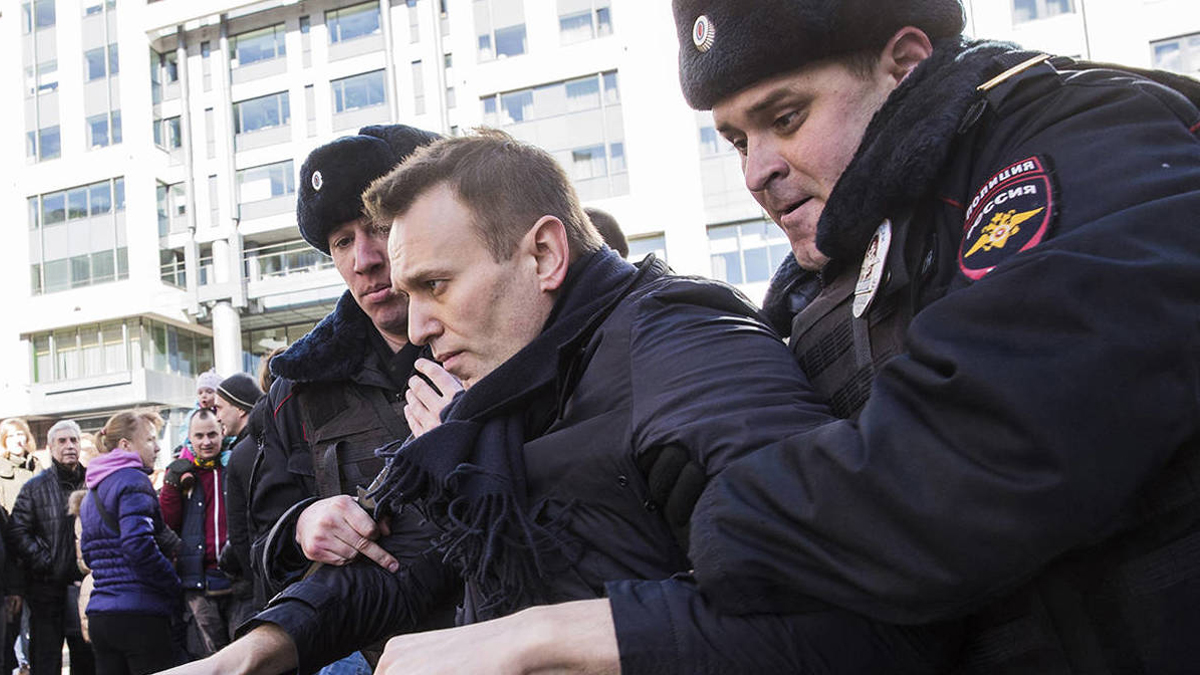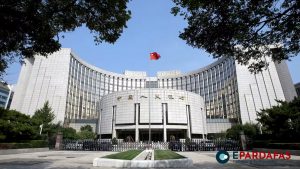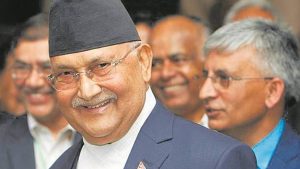
Russia’s Opposition Leaders Are Irrelevant to Ukraine

BERKELEY – A year ago, two of us (Fedyk and Hodson) co-authored a commentary arguing that Russians would not rise up to stop President Vladimir Putin’s war against Ukraine. There was too much suppression of dissent in Putin’s Russia, we noted, and too much real support for the war among the public. That assessment proved correct. Still, there is a lingering question: What role are Russian “opposition” parties playing in the conflict?
While Russian opposition figures like the jailed dissident Alexei Navalny have received ample attention in the West (a documentary about him was recently nominated for an Oscar), tensions have been rising between Russian opposition parties, on one hand, and the Ukrainians and their Eastern European friends, on the other. For example, TV Rain (Dozhd), a prominent channel aligned with the Russian opposition, lost its Latvian license for “displaying a map of Russia which included occupied Crimea and for calling Russian troops in Ukraine ‘our army.’”
The problem is that Russian opposition parties have their own goals and priorities, which may – or may not – align with those of the Ukrainians. Opposition to Putin does not necessarily make one a loyal friend to Ukraine.
To see this gap, consider the politics around Navalny’s wrongful imprisonment. Unlike some other political prisoners in Russia (such as Alexei Gorinov), Navalny is not in prison for opposing Russia’s aggressive war. Thus, from the Ukrainian perspective, he is largely irrelevant. (In fact, Navalny himself issued some rather imprudent comments and derogatory ethnic slurs against Ukrainians back when Russia’s invasion first began in 2014.) And yet, Navalny’s deputies have been at pains to position his imprisonment as a central issue in the war, telling interviewers that they are lobbying “for his release to be part of any negotiated settlement.”
Ukrainians find this position extremely objectionable. Leaving aside the moral implications of rooting for a “negotiated settlement” to their country’s genocidal war of conquest, the Navalny team’s approach is disingenuous. There are two parts to any successful negotiation: maximizing total surplus (the size of the pie) and then dividing it among the parties. Total surplus can be maximized by allocating to each party the items that it values most. And individually, each party has an incentive to strengthen its bargaining position.
In the case of a war, the surest way to strengthen one’s bargaining position is to “create facts on the ground” through military victories. Every advance that Ukraine makes on the battlefield moves it closer to a favorable endpoint in the war, by increasing the number of items that it can credibly demand in any negotiation. Hence, instead of settling for a ceasefire along the February 23, 2022, borders, Ukrainians are now demanding the return of territories that Russia seized in 2014.
Given that many thousands of Ukrainians have died to make this change possible, it is rather perverse to think that Ukraine would expend some of its hard-won bargaining power to secure Navalny’s release. After all, we are talking about a bargaining chip that Putin cares about far more than Ukrainians do. For Ukraine to win Navalny’s release, it would have to pay a steep price, potentially abandoning some of its most important demands.
Moreover, Russia has captured 3,400 Ukrainian soldiers and abducted many more Ukrainian civilians, including thousands of children. Many of these prisoners are suffering the same torture and brutal treatment as Navalny. There are also tens of thousands of Russian war crimes to be investigated and prosecuted, and hundreds of billions of dollars to be paid in reparations for damage to Ukraine’s infrastructure. Does the Navalny team seriously expect Ukraine to reduce its demands on these issues in order to free a Russian politician from prison? Navalny may be more famous, but most Ukrainians would rather free one of the Ukrainian POWs who stood their ground in Mariupol.
Since the Navalny team’s goals have nothing to do with the Ukrainian war effort, Ukrainians understandably object to attempts to link the two. In fact, they view the Russian opposition’s attempt to appropriate their own cause as yet another manifestation of the Russian imperialist paradigm. Like the Kremlin, the Russian opposition is perfectly willing to use Ukraine to serve its own ends. Little wonder that one of Navalny’s close allies is also advocating a “Marshall plan for Russia” and insisting that most Russians are not responsible for “Putin’s war.”
We wholeheartedly support those Russians who are risking their own lives to free Navalny. But we should not let that effort work against Ukraine’s life-or-death struggle. Ukraine has more than 30,000 square miles of territory to retake. There are millions of Ukrainian civilians to be liberated, and tens of thousands to be freed and returned from Russia. The Russian opposition’s demands are not only irrelevant to this process; they are a dangerous distraction.
It is not Ukrainians’ job to resist political repression in Russia. Ukraine is not a strategic pawn that exists solely to advance Russians’ own interests. The West, too, must resist the temptation to link the two issues.
Anastassia Fedyk is Assistant Professor of Finance at the University of California, Berkeley. James Hodson is CEO of the AI for Good Foundation. Ilona Sologoub is Editor of VoxUkraine.
Copyright: Project Syndicate, 2023.
www.project-syndicate.org













Comments